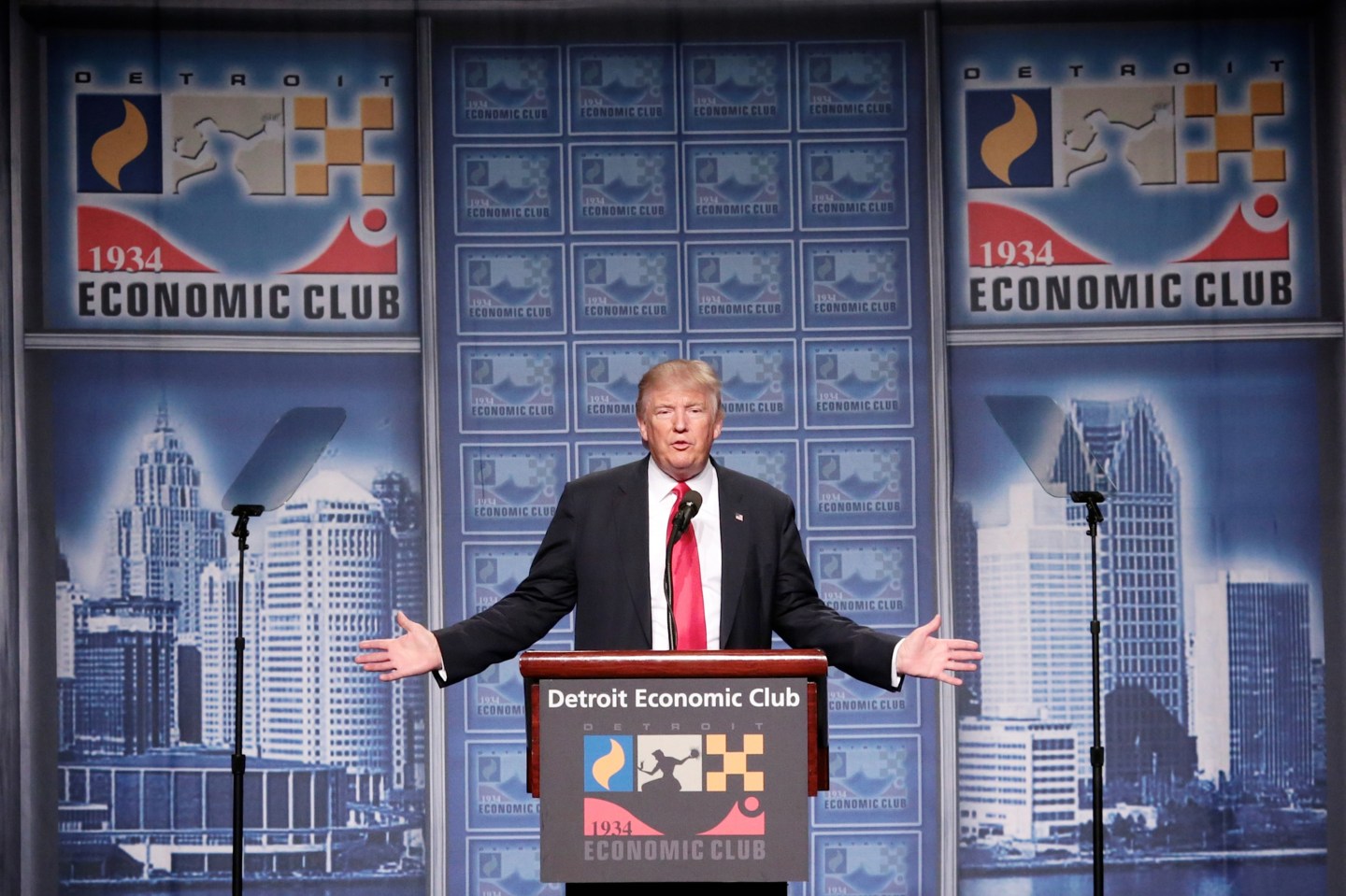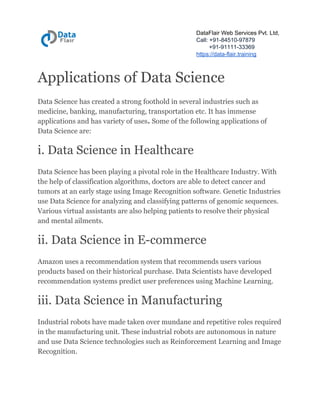BMW And Porsche's China Challenges: A Growing Trend In The Auto Industry

Table of Contents
Increasing Competition from Domestic Brands
The Chinese automotive industry has witnessed the meteoric rise of powerful domestic brands like BYD, Nio, and Xpeng. These companies are rapidly eroding the market share traditionally held by established luxury players such as BMW and Porsche. Their success stems from several key factors:
- Competitive Pricing Strategies: Domestic brands often offer comparable features and technology at significantly lower price points, making them highly attractive to Chinese consumers. This aggressive pricing strategy directly challenges the premium positioning of BMW and Porsche.
- Technological Advancements: Chinese automakers are investing heavily in research and development, resulting in vehicles equipped with cutting-edge technology, including advanced driver-assistance systems (ADAS), sophisticated infotainment systems, and innovative electric powertrains. These features often rival, and sometimes surpass, those offered by their international competitors.
- Strong Government Support: The Chinese government actively supports the growth of its domestic auto industry through various initiatives, including subsidies, tax breaks, and preferential policies. This significant backing provides a considerable advantage to local brands.
- Growing Preference for Homegrown Brands: A rising sense of national pride and a preference for supporting local industries are driving increased demand for Chinese-made vehicles. This shift in consumer sentiment poses a real threat to foreign luxury brands. The "patriotic consumer" is a significant force in the market.
Shifting Consumer Preferences in China
The Chinese automotive market is not only competitive; it's also dynamic. Consumer preferences are evolving rapidly, demanding adaptability from brands like BMW and Porsche.
- Electric Vehicle (EV) Dominance: The popularity of EVs in China is exploding. Consumers are increasingly drawn to electric vehicles due to environmental concerns and government incentives. BMW and Porsche must significantly expand their EV offerings to remain competitive.
- Digitalization and Online Sales: Chinese consumers are highly digitally savvy. A robust online presence and effective digital marketing strategies are crucial for reaching and engaging this audience. Traditional dealership networks need to be complemented by strong online sales channels.
- Technological Sophistication: Beyond EVs, Chinese consumers expect advanced technological features in their vehicles. ADAS, seamless connectivity, and sophisticated infotainment systems are essential for attracting buyers.
- Brand Storytelling and Emotional Connection: Luxury car purchases are often driven by emotion as well as practicality. Connecting with consumers on an emotional level through compelling brand storytelling is essential for luxury brands to maintain their appeal.
Navigating China's Regulatory Landscape
China's regulatory landscape for the automotive industry is complex and ever-changing. BMW and Porsche face numerous hurdles in navigating this environment.
- Permitting and Licensing: Obtaining the necessary permits and licenses to operate in China can be a lengthy and bureaucratic process.
- Stringent Emission Standards: China has increasingly stringent emission standards, requiring significant investments in research and development to meet compliance requirements. This impacts vehicle design and production.
- Import Duties and Taxes: High import duties and taxes on imported vehicles increase the final price, impacting competitiveness. Local production is often a necessity.
- Local Content Requirements: Regulations often mandate a certain percentage of locally sourced components, requiring foreign manufacturers to establish local partnerships and supply chains.
Supply Chain Disruptions and Logistics
Maintaining a stable and efficient supply chain in China presents ongoing challenges for BMW and Porsche.
- Global Supply Chain Issues: Global disruptions to the automotive supply chain, exacerbated by geopolitical events and pandemics, directly impact parts availability and production schedules.
- Logistical Hurdles: Managing logistics and transportation across China's vast and diverse geography poses significant logistical challenges. Efficient warehousing and distribution networks are vital.
- Contingency Planning: The need for robust contingency plans to mitigate potential disruptions is paramount. Diversification of suppliers and alternative sourcing strategies are crucial.
- Local Partnerships: Building strong relationships with local suppliers and logistics providers is essential for navigating the complexities of the Chinese market.
Conclusion
BMW and Porsche's China challenges are multifaceted and significant. The intense competition from domestic brands, evolving consumer preferences, a complex regulatory environment, and supply chain vulnerabilities all contribute to a challenging business landscape. To thrive in this market, these luxury brands must adapt quickly, invest heavily in technological innovation, localize their operations, and build strong relationships with local partners. The future of BMW and Porsche in China will depend on their ability to overcome these hurdles and capitalize on the immense potential of this dynamic market. We encourage you to share your thoughts on BMW and Porsche's China challenges and contribute to the ongoing discussion on the future of luxury car brands in China. What strategies do you believe are most crucial for success in this market? Further research into the impact of government policy on the luxury automotive sector in China is recommended.

Featured Posts
-
 Analyzing Economic Trends During The Trump Administration
Apr 23, 2025
Analyzing Economic Trends During The Trump Administration
Apr 23, 2025 -
 Ai Generated Podcasts Analyzing Mundane Scatological Data
Apr 23, 2025
Ai Generated Podcasts Analyzing Mundane Scatological Data
Apr 23, 2025 -
 Analyse De La Carte Blanche Attribuee A Marc Fiorentino
Apr 23, 2025
Analyse De La Carte Blanche Attribuee A Marc Fiorentino
Apr 23, 2025 -
 Is Ai Revolutionizing Wildlife Conservation Exploring The Positive And Negative Impacts
Apr 23, 2025
Is Ai Revolutionizing Wildlife Conservation Exploring The Positive And Negative Impacts
Apr 23, 2025 -
 Alterya Acquired By Chainalysis Boosting Blockchain Security With Ai
Apr 23, 2025
Alterya Acquired By Chainalysis Boosting Blockchain Security With Ai
Apr 23, 2025
